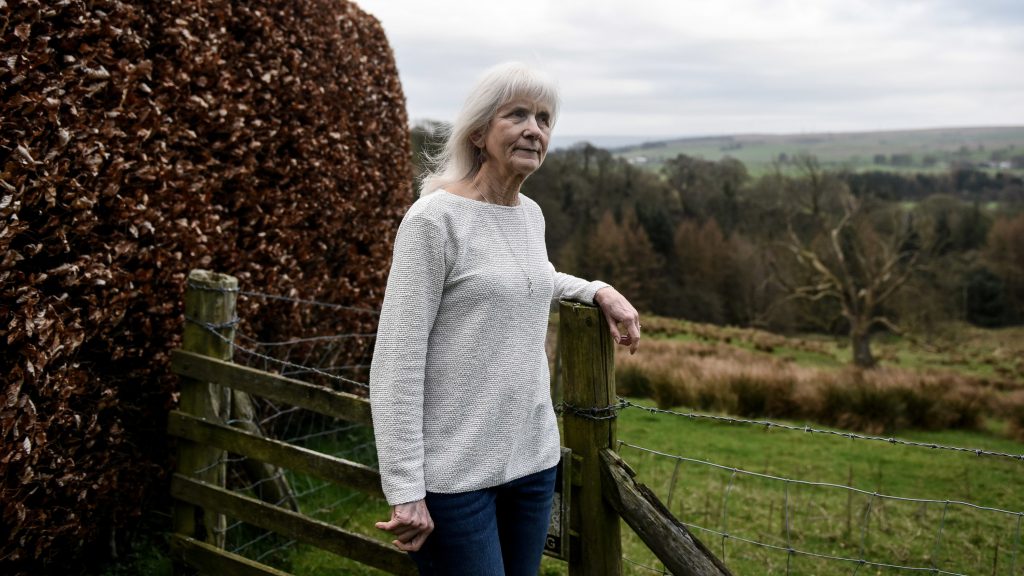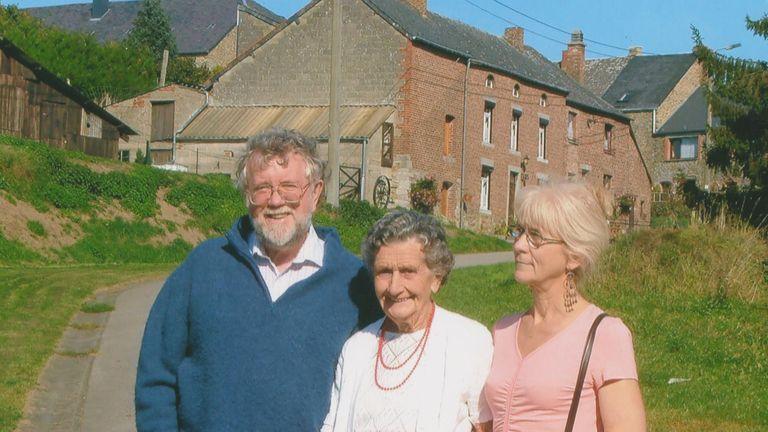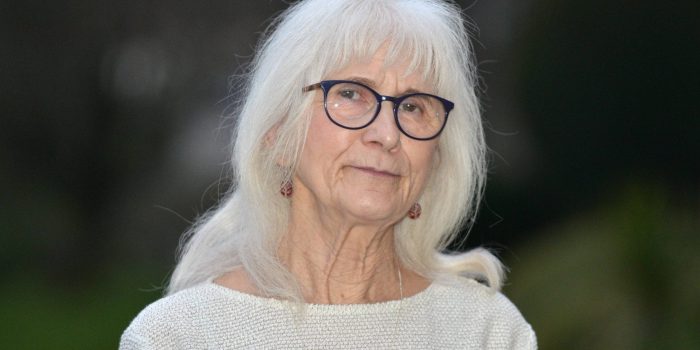Jo Cameron, a Scottish woman, has captivated researchers with her extraordinary ability to live a pain-free and anxiety-free life. While it may seem like a fairy tale, her unique condition has led scientists to discover a potential breakthrough in the study of human experiences. At 65 years old, Cameron sought medical attention for a hip issue, and doctors were astounded to find severe joint degeneration, which should have caused excruciating pain. However, Cameron reported feeling no pain at all. Subsequently, she underwent major hand surgery without experiencing the expected post-surgical pain, which led to further investigations into her condition.
In 2019, scientists identified a gene called FAAH-OUT as the possible cause behind Cameron’s exceptional pain insensitivity. Recently, a study published in the journal Brain shed light on the molecular mechanism responsible for her condition. University College London (UCL) researchers discovered that mutations in the FAAH-OUT and FAAH genes contribute to Cameron’s pain insensitivity. Specifically, the FAAH-OUT gene appears to modulate the expression of FAAH, impacting wound healing and mood.

Dr. Andrei Okorokov, a senior author of the study from UCL Medicine, expressed excitement about the findings. He believes that understanding the molecular basis for painlessness will have significant implications for wound healing, depression, and other areas of research. The study also revealed that the FAAH-OUT gene affects various other genes, opening doors for further exploration into the complex interactions within our DNA.
Although the finding of this gene process is a huge step forward, there is still more work to be done before individuals may reap the advantages. Researchers must probe more into these genes’ connections and manifestations. Professor James Cox of UCL Medicine, another senior author of the paper, emphasized the necessity of knowing the molecular level in order to progress medication discovery and favorably influence patients.

One remarkable aspect of this breakthrough is that the FAAH-OUT and FAAH genes belong to the noncoding portion of human DNA, often referred to as “junk” DNA. Previously thought to serve no purpose, this discovery challenges that notion and underscores the hidden potential within this enigmatic region of our genome.
Jo Cameron’s tale has not only piqued the scientific community’s interest, but it has also fueled optimism for breakthroughs in pain treatment, wound healing, and mental health studies. Scientists are getting closer to discovering novel medicines and interventions that might enhance the lives of countless people in the future as they uncover the riddles of our genetic composition.


